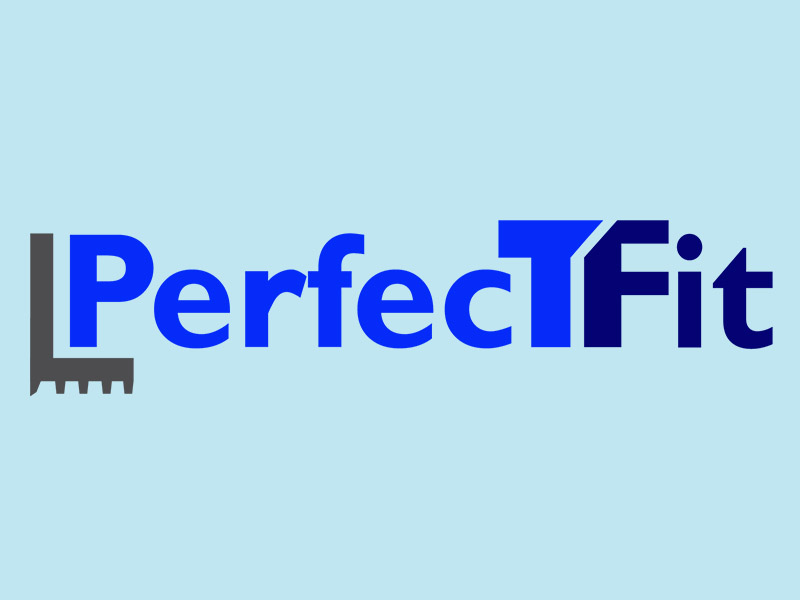Cyber insurance is a necessity for businesses.
According to statista, the number of data breaches has grown from 157 in 2005 to 1473 in 2019. TechTarget defines a data breach as “a confirmed incident in which sensitive, confidential, or otherwise protected data has been accessed and/or disclosed in an unauthorized fashion. Data breaches may involve personal health information, personally identifiable information, trade secrets, or intellectual property.” Business cyber insurance covers the liability for a data breach.
Homeowners’ cyber risks have some similarities to those of businesses, but there are additional risks unique to them. For instance:
- Breach – the loss of personal information. According to new research from Parks Associates, Five percent of U.S. broadband households annually experience identity theft, which equates to 5.5 million households affected and at least 6.6 million people
- Extortion – the threat to publicly release of personal information
- Bullying – Online harassment that could occur in a business, school, or a personal situation
- Disruption – Cyber attacks that keep you from accessing your home or possibly from running a small business that you operate from your home
- Financial Loss – the loss of funds in personal accounts due to a cyberattack.
- Ransomware – the restriction to a person’s personal data typically through the encryption of their data on computers within their home.
Are homeowners at more or less risk than businesses?
The first question is whether a smart home places a homeowner more at risk for any of the above cyberattacks. According to Symantec’s 2019 Internet Security Report, during 2018 there were 57,553 attacks against IoT devices, and 75-percent of those attacks were against routers. The fact that routers faced the majority
of attacks makes complete sense because they are the most accessible device to a hacker as they directly connect to the internet and, according to an article in ZDNet, routers are riddled with vulnerabilities that make them an easy target. However, when you think about the number of homes with broadband internet access around the world, the chances of a hacker breaking into a smart home through the router is pretty small.
How can hackers get in your home?
Unfortunately, attacking a router isn’t the only way that a hacker gains access to a home network. Some of the other ways that a hacker will gain access to a home are:
- Emails with attachments that contain malware or viruses
- Fake software that includes malware. This is especially popular with mobile devices where people routinely download “free” software from online stores
- Hacked online ads that lead a person to a malicious web site that either installs malware on their device or attempts to trick people into entering personal information
- Phishing Emails – A phishing email looks like a legitimate email that you might receive but it contains links to web sites that will install malware on a computer or attempt to trick you into entering personal information; including passwords
While a person’s risk of being hacked through their smart home is small, everyone does face real risks given the other ways that hackers have found to attack people. In fact, according to an investigation by Atlas VPN, “Hackers carry out 87 million credential stuffing attacks on U.S. citizens daily.” These are cyberattacks where a hacker will use credentials stolen during a data breach to log into an individual or company account to gain the necessary information to carry out identity theft.
Because of this, insurance companies have begun offering different forms of personal cyber insurance. Below is a summary of cyber insurance policies from major insurance companies.
Allstate
Allstate was founded as part of the Sears, Roebuck and Co. in 1931, and it became an independent company in 1993. The agency provides both individual and family plans for identity protection. They have two tiers of service, essentials and premier. Both plans offer:
- Monitoring of online accounts and notification of any data breaches related to these accounts
- Full management of identity remediation cases
- Social Security number monitoring
- Financial monitoring
- Reimbursement of up to $1,000,000 in expenses related to fraud
- Reimbursement of up to $50,000 in funds taken from bank accounts, health savings account, or 401(k) plan
In addition, the premier plan includes:
- Enhanced financial monitoring of bank accounts and credit cards
- Reimbursement of up to $500,000 in funds taken from bank accounts, health savings account, or 401(k) plan
- Monitoring of social media accounts for someone taking over your accounts
- Priority support
- Credit card transaction monitoring
Prices start at $9.99 per month for an individual, essentials plan and go up to $34.99 per month for a family, premier plan.
Amica
Amica was founded in 1907 and offers personal insurance including auto, homeowners, liability, and marine coverage. As part of their home insurance policies, homeowners can purchase additional coverage for identity theft. This coverage includes:
- Up to $15,000 to assist in resolving identity theft problems
- Unlimited telephone support to help resolve the issue
- Assistance with reporting of the issue and documentation including affidavits
- Help reporting the issue to credit bureaus, creditors, government agencies, etc.
- Assistance filing a police report
- One year of credit/fraud monitoring if a wallet or handbag is stolen
According to T. Bryan Cook, senior assistant vice president in Amica’s Sales and Client Services group, “ID theft protection can be more affordable than consumers may assume. As is the case with all coverages and policy options, we encourage customers to reach out to us directly to review pricing and coverage options available in their state for ID theft protection and resolution. We also offer a credit-monitoring service as an option through our Automobile Policy Program. This option, if chosen, gives consumers the tools to track unusual activity associated with credit reporting. We recommend a combination of both types of coverage – one to monitor activity and identify potential issues quickly, and another to provide some coverage to rectify the situation should you fall victim to identity theft.”
Chubb
Chubb was founded in 1882. They are a global insurance provider operating in 54 countries. They offer cyber protection as optional additional coverage to their Masterpiece homeowner’s policies with protection against:
- extortion and ransomware
- financial loss
- bullying
- disruption
- breach of privacy
Chubb provides:
- Access to specialists to assist in resolving identity theft
- Public records monitoring
- Discounted access to a security partner that can assist with securing your networks
- Cyber extortion coverage up to $25,000
- Coverage to repair, or replace, computer equipment, and lost data
- Coverage for allegations of unintentional online libel, slander, and invasion of privacy
- Cyber financial loss coverage up to $250,000
- Cyber personal protection up to $250,000
I was unable to obtain the cost of this insurance from Chubb.
Farmers
Farmers Insurance was founded in 1928 and is now a subsidiary of Zurich Insurance Group. The company’s Identity Shield provides the following cyber insurance in the case of identity theft:
- $28,5000 in expenses
- $1,500 indemnity
- Monitoring of credit and public records
- Annual report of credit and public records
- Phone support to answer questions about identity safety concerns
- Assistance in replacing identification documents that may have been lost or stolen
- Email tips and news to help prevent identity theft
In the event of identity theft, the following services are available:
- Resolution services for the entire household
- 24/7 phone support to assist with the identity recovery process
- Preparation of documentation to notify credit bureaus, banks, etc. of the event
- Creation and maintenance of a case file documenting all steps taken
- Assistance in placing fraud alerts and security freezes with the credit bureaus
The price for Farmers Identity Shield coverage is, at most, $65 per year.
Geico
Geico was founded in 1936 and is the second largest insurer of automobiles in the U.S. It offers other types of insurance policies to customers but those are serviced by third parties. Geico offers an identity theft protection policy that is serviced by Generali Global Assistance, Inc.
Cost of a policy is $79 per year for individuals, $89 per year for couples, and $99 per year for families with up to six children or other dependents.
State Farm
State Farm was founded in 1922 and services more than 83 million policies and accounts in the U.S. The company offers cyber insurance as an optional add-on to their homeowner’s policies. Protections include:
- Identity fraud or other fraud event
- Cyber attacks
- Cyber extortion
In the event of the above, the following services are available
- Case management services
- Contingent credit monitoring
- Up to $50,000 expense reimbursement for identity restoration and fraud loss coverage with no deductible
- Up to $15,000 for combined cyber attack coverage and cyber extortion coverage with a $500 per occurrence deductible
The price for adding coverage to an existing homeowner’s policy is $25 per year.
Cyber Insurance for High Net Worth Individuals
Specialized cyber security policies for high net worth individuals are offered by AIG and PURE
Cyber Security Insurance Conclusions
In 2016, according to the U.S. Department of Justice, over 10 percent of people over 16 years old had experienced at least one incident of identity theft in the last 12 months. The insurance policies outlined above offer a wide range of choices for people. Cyber insurance is not expensive and even if you don’t experience a financial loss, the professional assistance offered in the event of an incident can more than make up for the cost.








